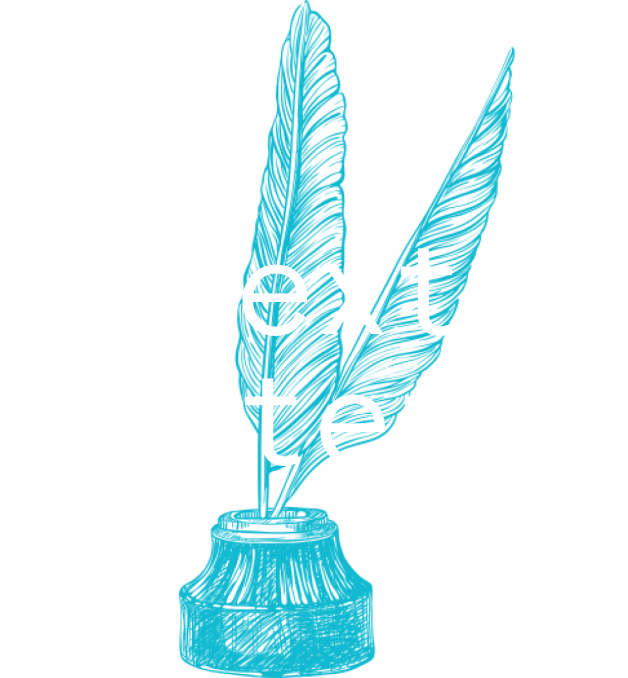December 22, 2013
Twitter at its worst
(1) Dim-witted person tweets, or is reported to have said, something dim-witted. (2) Equally dim-witted people notice and tweet their outrage. (3) After a while, brighter people note the kerfuffle and decide to weigh in, either to reinforce or to critique the outrage. (4) These brighter people are followed by even brighter people, who...
